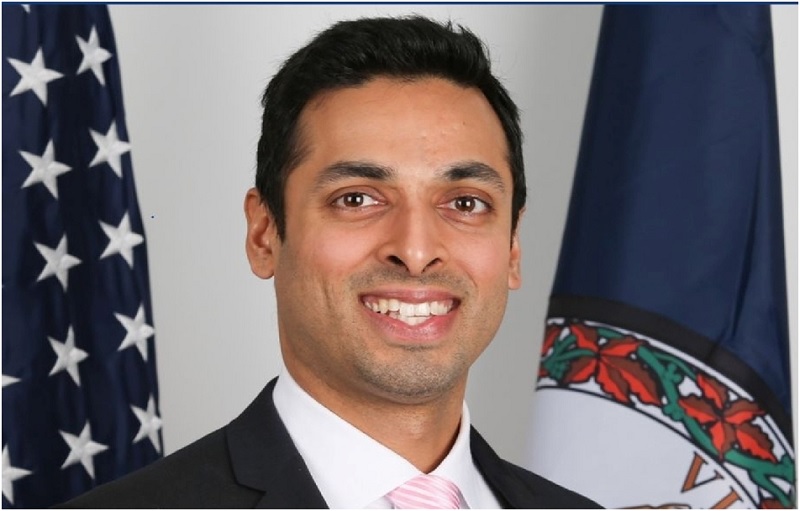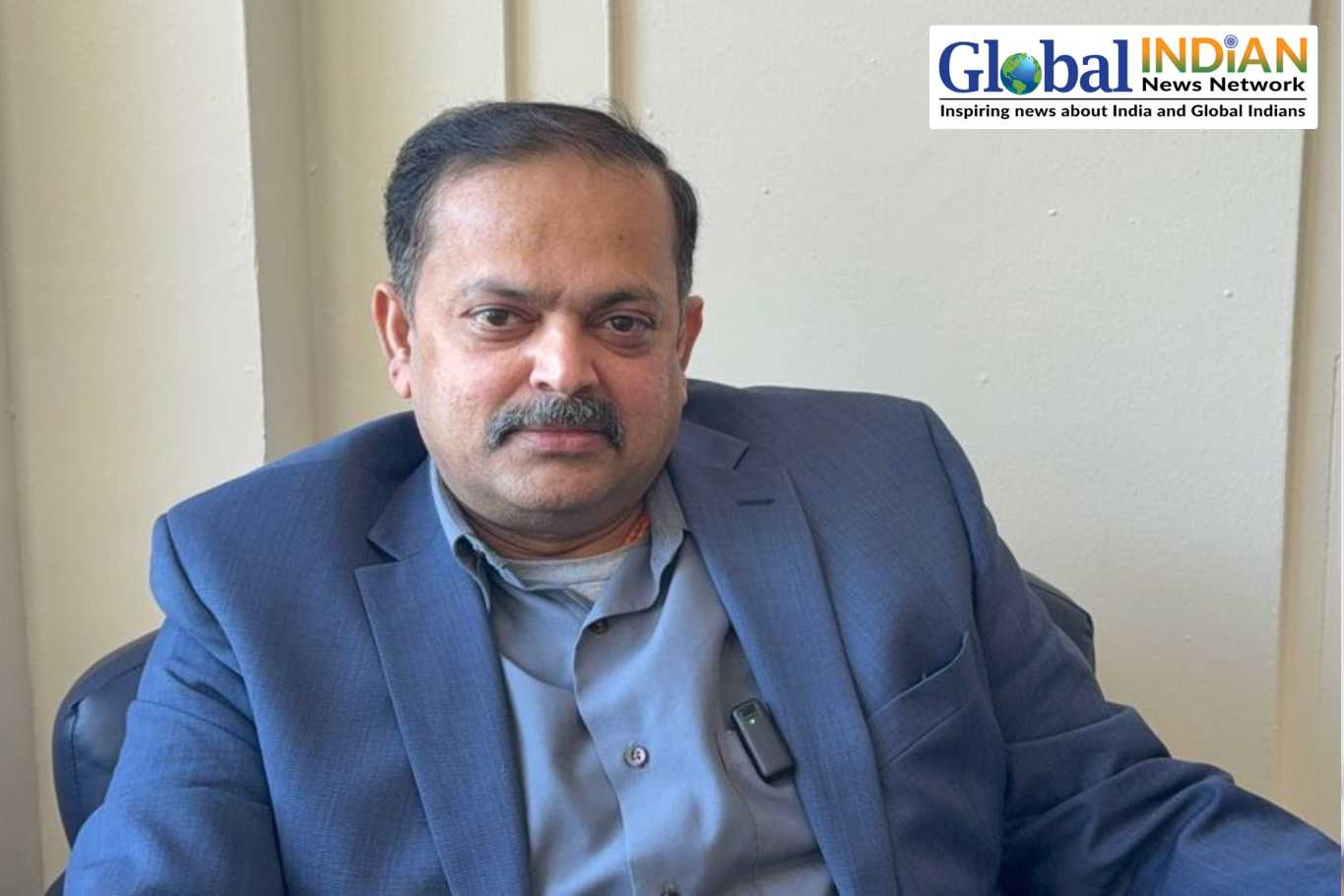
Virginia State Senator Suhas Subramanyam has clinched victory in the Democratic primary for Virginia’s 10th Congressional District, prevailing over a competitive field of 11 candidates, including Krystle Kaul. He secured the nomination to succeed Rep. Jennifer Wexton and will face Republican Mike Clancy in the upcoming November election.
In his victory statement, Subramanyam expressed gratitude to volunteers, activists, supporters, staff, and family for their pivotal role in achieving this “incredible victory.” He highlighted the extensive campaign efforts, including knocking on 50,000 doors and raising $1.2 million, emphasizing his deep ties to the district where he got married and where his children were born. He pledged to continue championing local families and ensuring everyone feels empowered to have their voices heard. Additionally, he acknowledged Rep. Wexton for her mentorship and leadership, acknowledging the challenge of filling her “big shoes.”
In an interview earlier, Subramanyam explained his motivation for running, driven by a commitment to his community and a desire to combat political dysfunction and extremism. He described himself as a problem solver, determined to tackle tough issues even when the odds are stacked against him. His decision to run for Congress was supported by positive feedback from constituents in the diverse and Democratic-leaning district, where his track record of electoral success has resonated.
The primary election, characterized by The New York Times as contentious, highlighted various controversies among candidates, including allegations and attacks that underscored the competitive nature of the race. Despite challenges, Subramanyam’s victory is seen as a relief for national Democrats, maintaining momentum in a district that has shifted away from Republican dominance since 2018.
Subramanyam, a former technology policy adviser to President Barack Obama, has been a key figure in Virginia politics, playing a pivotal role in Democratic victories that flipped the state legislature in recent elections. His leadership and bipartisan efforts, such as founding the Commonwealth Caucus, reflect his commitment to fostering cooperation within the General Assembly.









